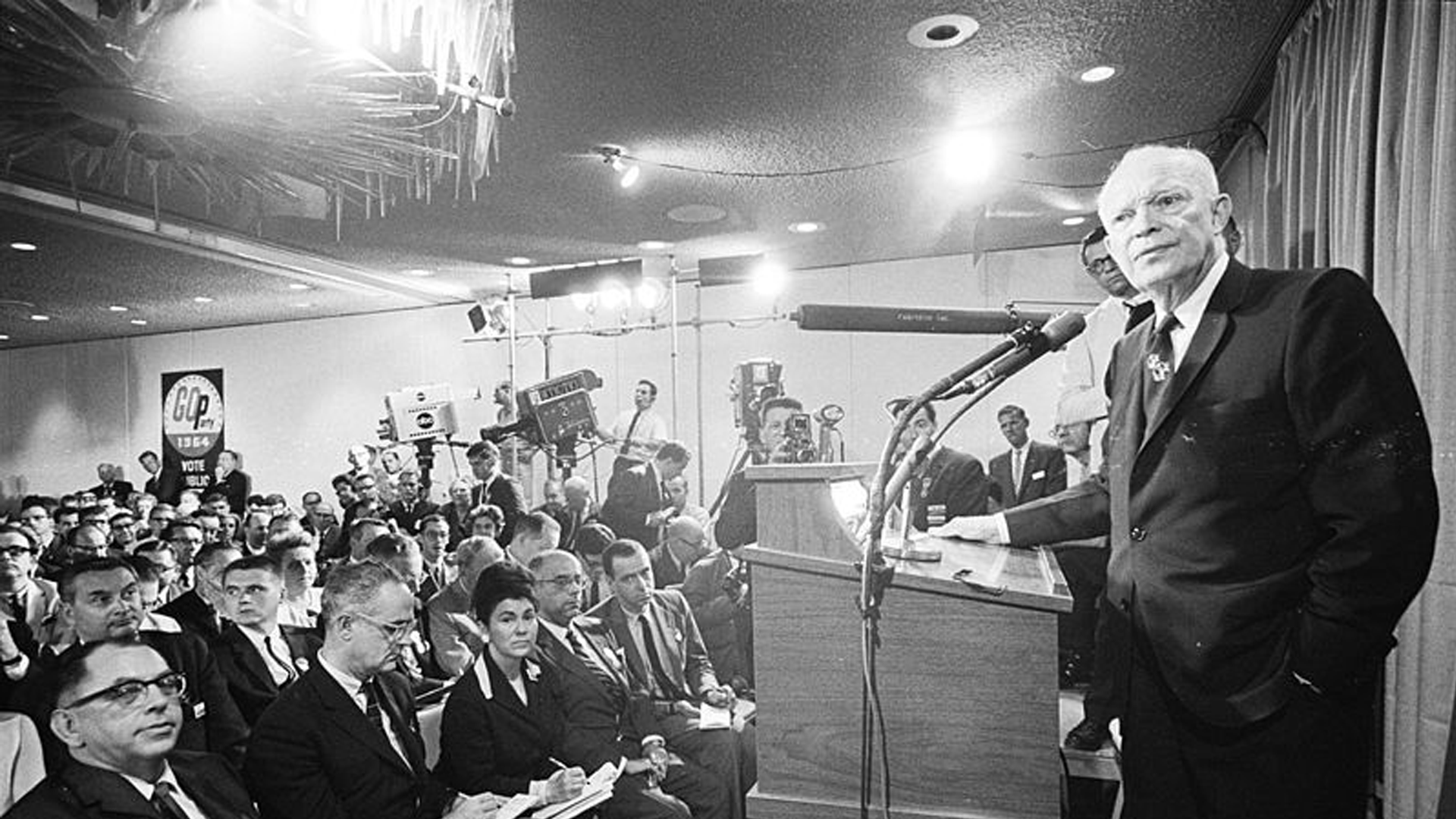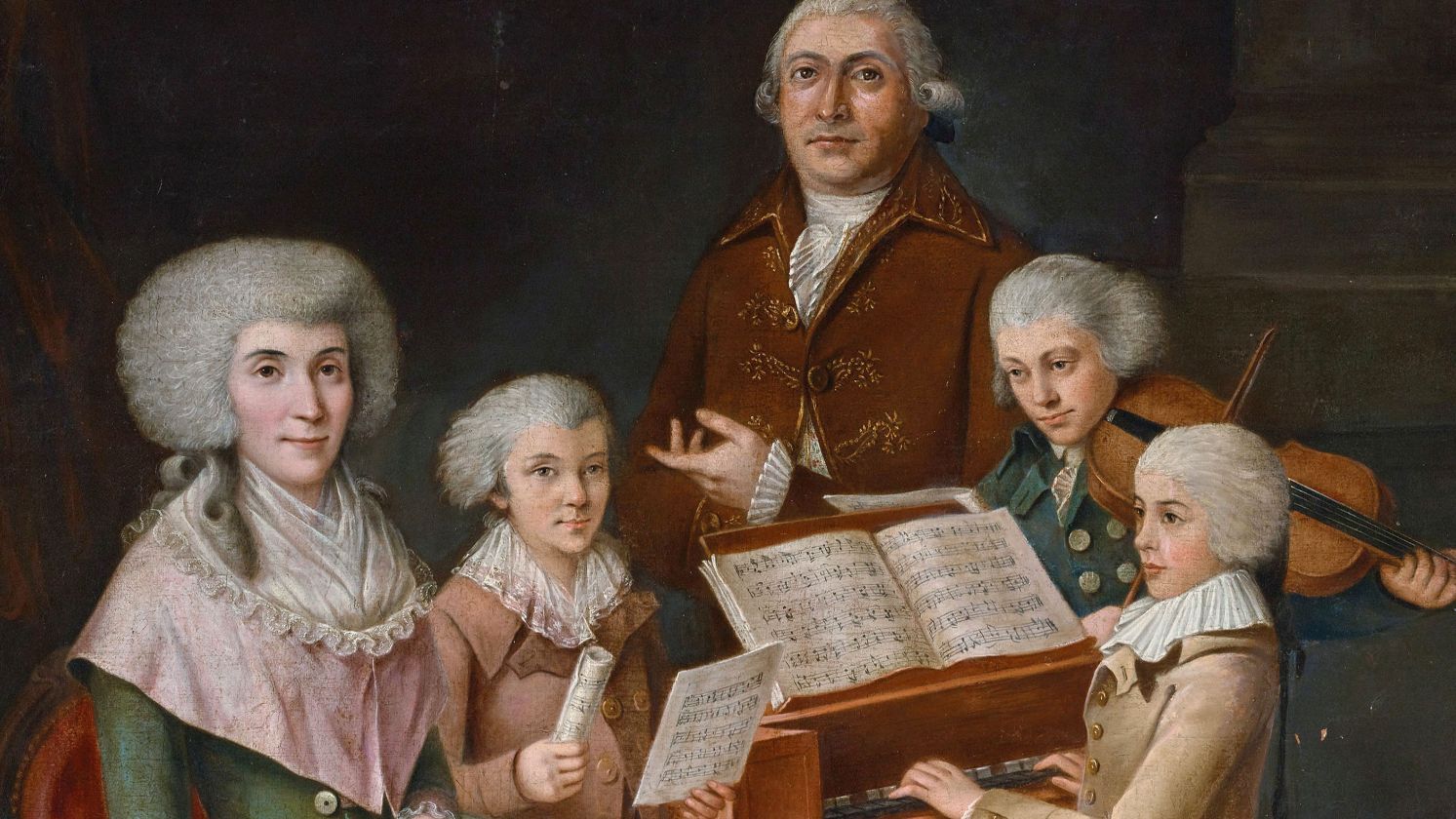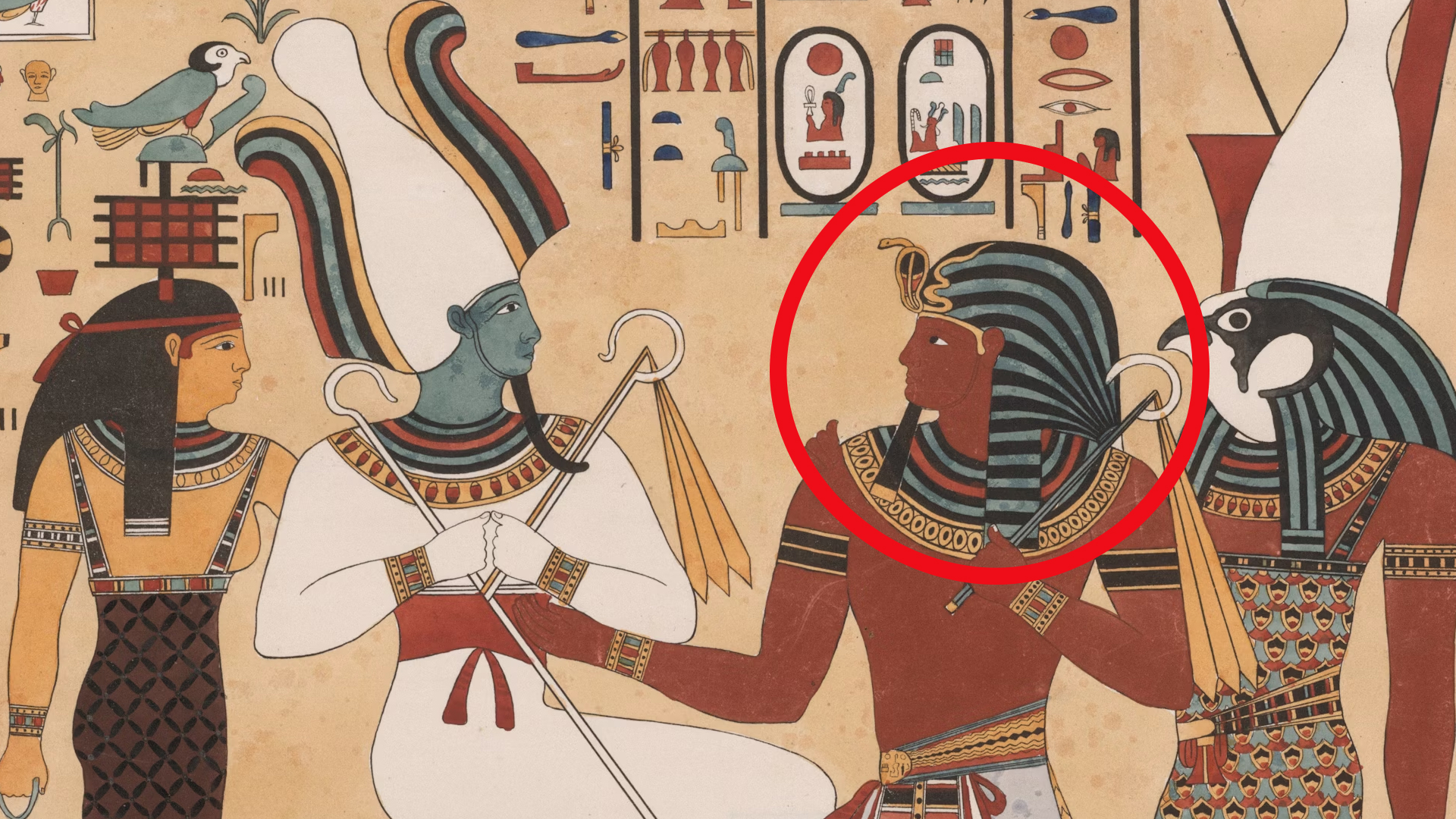Quotes To Consider
Talking about war might sound like a guaranteed way to kill the mood, but it’s something everyone wrestles with sooner or later. Politicians debate it, historians analyze it, and regular people try to make sense of its impact on daily life. That’s why quotes about war aren’t just lofty words; they’re quick hits of perspective that cut through the noise. So, let’s take a look at 20 war-related quotes that actually make you stop scrolling and think.
 Photo Credit: Master Sgt. Michael A. Kaplan on Wikimedia
Photo Credit: Master Sgt. Michael A. Kaplan on Wikimedia
1. “Older Men Declare War. But It Is Youth That Must Fight And Die.” (Herbert Hoover)
The stark generational divide in warfare's human cost found a powerful voice in Herbert Hoover's observation. His words claimed that elderly leaders make fateful decisions from command posts while young soldiers face death on distant battlefields.
 Unknown authorUnknown author on Wikimedia
Unknown authorUnknown author on Wikimedia
2. “Never Think That War, No Matter How Necessary, Nor How Justified, Is Not A Crime.” (Ernest Hemingway)
In Hemingway's unflinching philosophy, war's darkest truth lay in its inherent criminality. This haunting paradox emerged from his layered witness—first as an ambulance driver bearing combat wounds, then as a war correspondent.
 EH2723PMilan1918.jpg: Portrait by Ermeni Studios derivative work: Beao on Wikimedia
EH2723PMilan1918.jpg: Portrait by Ermeni Studios derivative work: Beao on Wikimedia
3. “The Supreme Art Of War Is To Subdue The Enemy Without Fighting.” (Sun Tzu)
What began as a military maxim from Chinese general Sun Tzu has evolved into a universal principle of strategic advantage. His assertion in The Art of War that true victory requires no combat revolutionized military doctrine.
 Unknown authorUnknown author on Wikimedia
Unknown authorUnknown author on Wikimedia
4. “Mankind Must Put An End To War, Or War Will Put An End To Mankind.” (John F. Kennedy)
John F. Kennedy, America’s 35th president, delivered this warning before the United Nations in September 1961. Just a year later, he would steer the world through the Cuban Missile Crisis, proving how urgent his words were.
5. “War Is Peace. Freedom Is Slavery. Ignorance Is Strength.” (George Orwell)
Published in 1949, George Orwell's dystopian masterpiece 1984 introduced the concept of "doublethink" through its infamous slogan. This declaration exemplifies how the novel's exploration of contradictory beliefs has become a foundational reference point in contemporary discussions of authoritarian control.
 Cassowary Colorizations on Wikimedia
Cassowary Colorizations on Wikimedia
6. “War Does Not Determine Who Is Right—Only Who Is Left.” (Bertrand Russell)
Nobel laureate in Literature and eminent British philosopher Bertrand Russell possessed one of the twentieth century's most formidable minds, yet chose to stand as a vocal pacifist during WWI. His observation about war's inability to determine moral rightness reflects his principled opposition to armed conflict.
 Unknown authorUnknown author on Wikimedia
Unknown authorUnknown author on Wikimedia
7. “War Is Cruelty. There Is No Use Trying To Reform It. The Crueler It Is, The Sooner It Will Be Over.” (William Tecumseh Sherman)
Before Sherman’s March to the Sea, Georgia’s fertile fields promised abundance. His campaign of deliberate destruction turned them into scorched wastelands, presenting his belief that only unflinching brutality could end conflict swiftly.
 Unknown authorUnknown author on Wikimedia
Unknown authorUnknown author on Wikimedia
8. “When The Rich Wage War, It’s The Poor Who Die.” (Jean-Paul Sartre)
French philosopher and playwright Jean-Paul Sartre used his voice to confront entrenched power. This stark reflection on war’s class injustice echoed his existentialist ideals, underscoring the divide between decision-makers and those who bear the cost.
9. “Wars Are Poor Chisels For Carving Out Peaceful Tomorrows.” (Martin Luther King Jr.)
When Martin Luther King Jr. presented his historic speech "I Have a Dream" in 1963, it marked just the beginning of his expanding vision. His philosophy evolved beyond civil rights to embrace a broader message of global peace.
10. “In War, Whichever Side May Call Itself The Victor, There Are No Winners, But All Are Losers.” (Neville Chamberlain)
British Prime Minister Neville Chamberlain (1937-1940) found himself declaring war on the very nation he had tried to placate. That’s how his poignant observation that war creates only losers emerged from this bitter experience.
11. “War Is Delightful To Those Who Have Had No Experience Of It.” (Erasmus)
One of the northern Renaissance's most distinguished scholars, Erasmus, brought moral clarity to his philosophical works. The Dutch humanist's extensive writings championed peace while delivering pointed critiques of warfare, crystallized in his observation that war appears delightful only to those who've never experienced its realities.
 Hans Holbein the Younger on Wikimedia
Hans Holbein the Younger on Wikimedia
12. “The Most Persistent Sound Which Reverberates Through Men’s History Is The Beating Of War Drums.” (Arthur Koestler)
Hungarian-born and later a British intellectual, Arthur Koestler viewed history through a wide cultural lens. His dual identity shaped both his classic novel Darkness at Noon and his bleak reflections on human nature. For Koestler, war’s relentless drums echo as civilization’s most enduring refrain.
13. “There Never Was A Good War, Or A Bad Peace.” (Benjamin Franklin)
Inventor, statesman, philosopher, and diplomat, Benjamin Franklin embodied reason in action. His conviction that peace surpasses even the most “justified” war guided his role in securing the Treaty of Paris. For Franklin, peace—however flawed—always proved more valuable than the devastating price of conflict.
 Joseph-Siffred Duplessis on Wikimedia
Joseph-Siffred Duplessis on Wikimedia
14. “Wars Begin When You Will, But They Do Not End When You Please.” (Niccolò Machiavelli)
The stark realism of Renaissance philosopher Niccolò Machiavelli continues to shape political discourse through his linguistic legacy. His shrewd assessment that wars can be initiated at will but resist controlled ending exemplifies the calculating mindset that would ultimately bear his name.
15. “War Is Only A Cowardly Escape From The Problems Of Peace.” (Thomas Mann)
Thomas Mann established himself as one of literature's most incisive voices through works like The Magic Mountain. His elevation to Nobel laureate in 1929 cemented his status, while his stark characterization of war as cowardice in the face of peace's challenges remains powerfully relevant.
 Los Angeles Daily News on Wikimedia
Los Angeles Daily News on Wikimedia
16. “If We Don’t End War, War Will End Us.” (H.G. Wells)
Known for visionary works like The War of the Worlds and The Time Machine, H.G. Wells eventually turned his imagination toward humanity’s survival. He bridged fiction and reality, urging the world to recognize war not as politics but as an existential threat.
 Unknown authorUnknown author on Wikimedia
Unknown authorUnknown author on Wikimedia
17. “The More You Sweat In Peace, The Less You Bleed In War.” (Norman Schwarzkopf)
Behind the thunderous nickname "Stormin' Norman" lay a military commander who insisted he was no hero, yet General Norman Schwarzkopf's Gulf War leadership proved transformative. With his philosophy, he claimed that intensive peacetime training ultimately spares wartime casualties.
18. “In Peace, Sons Bury Their Fathers. In War, Fathers Bury Their Sons.” (Herodotus)
Known as the "Father of History," Herodotus peered across centuries to capture an eternal truth about warfare's cruel inversion of nature's order. Through his masterwork Histories, this ancient Greek sage witnessed how conflict's bitter harvest forced fathers to lay their sons in early graves.
19. “You Can No More Win A War Than You Can Win An Earthquake.” (Jeannette Rankin)
Jeannette Rankin's foundational commitment to pacifism shaped her historic tenure as the first woman elected to Congress. Her principled opposition to military intervention manifested in votes against U.S. entry into both World Wars, equating warfare's devastation to that of unstoppable natural disasters.
20. “The Supreme Folly Is To Think That War Can Be Stopped By War.” (Karl Barth)
Karl Barth confronted humanity's recurring delusion that violence could somehow birth peace. His theological works, deeply shaped by witnessing the era's devastating wars, crystallized around a central warning: the inherent contradiction of deploying warfare to halt warfare itself.
KEEP ON READING

20 Important Names From World War II You Should Know
Key Players From World War II (For Good or Bad).…
By Cathy Liu Nov 7, 2024
20 Ancient Festivals That Don't Exist Today
Ancient Party Animals. The ancient world was a celebratory time…
By Breanna Schnurr Oct 1, 2025
The Musical Prodigy: 10 Fascinating Facts About Mozart & 10…
Secrets Behind the Symphony. Wolfgang Amadeus Mozart remains one of…
By Chase Wexler May 5, 2025
The Mysterious "Sea People" Who Collapsed Civilization
3,200 years ago, Bronze Age civilization in the Mediterranean suddenly…
By Robbie Woods Mar 18, 2025
20 Inventors Who Despised Their Creations
Made It… Then Hated It. Inventors often dream big, but…
By Chase Wexler Aug 8, 2025
20 Incredible Items In The British Museum People Say Were…
Mystery In History. The mighty halls of the British Museum…
By Chase Wexler Sep 8, 2025










